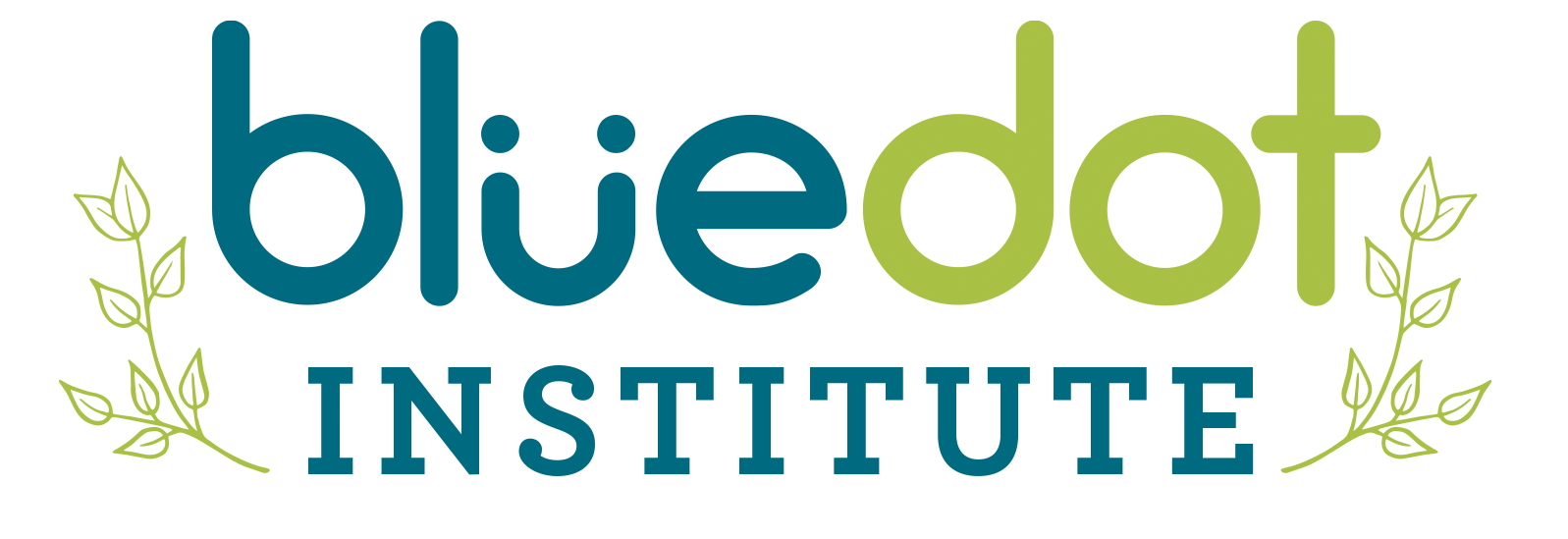Psychologists say making environmentally-conscious choices more appealing to people can increase the likelihood they’ll adopt them.
In the 1990s, Richard Thaler and Cass Sunstein were obsessed with something called the urinal fly. The urinal fly was a target in urinals designed to help men aim better and reduce spillage. What Thaler and Sunstein were intrigued with wasn’t the urinal fly, per se, but what it illustrated. By shifting a key piece of your environment, you can influence decision making; In this case, motivating men to unconsciously keep the bathroom cleaner. This concept, dubbed nudge theory, utilizes our own psychological tendencies to influence behavior with the potential to impact various fields from environmentalism to politics.
At its core, Green Nudge Psychology capitalizes on the fascinating and sometimes counterintuitive ways our minds function. It taps into cognitive biases and social influences to gently guide individuals toward choices that are not only beneficial for them but also the planet. As governments, organizations, and individuals seek effective strategies to mitigate their ecological footprint, understanding the principles and applications of Green Nudge Psychology can prove to be a game-changer.
The birth of Nudge Psychology itself can be attributed to work conducted by Israeli-American psychologists Daniel Kahneman and Amos Tversky on heuristics back in the 1970s. Heuristics is a field that runs parallel to nudges — heuristics allow you to make fast judgments in a situation, based on some internal method. An example of this is making the split-second decision to take the faster route home to avoid traffic ahead.
The nudge theory, as defined by Thaler and Sunstein, dictates that a person’s decision-making process should be based on one’s own thoughts and processes. Nudge psychology seeks to subtly shift or encourage behavior by appealing to your unconscious mind and avoiding outright rules or enforcement. Nudges only guide behavior — the final decision is up to the individual. A nudge makes one option more appealing than others, perhaps advertising its environmental friendliness. Nudges can be applied anywhere: the workplace, an airport, your home, the grocery store.
The green nudge is a recent addition to the realm of nudges. The United Nations Environmental Programme released the ‘Little Book of Green Nudges’ in September 2020 to outline ways students can adopt greener lifestyles, from making eye-catching and accessible recycling bins on campus, to enticing students to choose healthy food over more processed options. As is the case with nudges in general, these green nudges all have a bigger goal — to help us reach carbon neutrality without the individual experiencing drastic change.
How might we subtly influence our coworkers or family members to be more environmentally conscious? There are a few approaches:
• Appeal to a positive social image as an individual: with the widespread use of social media, most of us, particularly in “WEIRD” (Wealthy, Educated, Industrialized, Rich, and Democratic) societies, want to care for the environment. This notion can be utilized in nudges to help influence someone’s decision-making. One example of this is known as “eco-labeling” where brands that meet certain environmental standards are able to advertise their sustainability, most commonly through a sticker on their products. Although this may seem like an insignificant factor, consider the last time you went to a supermarket and picked out a cleaning product with an eco-label on the box. Perhaps this may not have been the deciding factor in buying that product, but the surge of pride you get from being a “good consumer” is a nudge at work.
• Appeal to groupthink or an individual’s commitment to a social group: Someone, for instance, may identify as a “millennial”, “Mets fan,” or even a “New Yorker.” Let’s say the Mets started a campaign “Mets for the Environment,” which highlighted players recycling, or even donating to environmental causes. A “Mets fan” wanting to support the team might be encouraged to be more environmentally conscious.
•Social comparison: This can involve a bit of friendly competition between members of a social group, appealing not only to an individual’s desire to be the best in a social group but also to help increase a group’s awareness of how to help causes like the environment in their community. Consider the gold star composting initiative that has been widely used across the globe in various communities and even schools. At the end of a specific time period, composting bins are reviewed to see who best followed the guidelines. The best groups receive a gold star while the less satisfactory ones are given recommendations on how to improve. This nudge taps into our competitiveness and encourages improvement in behavior. We also see this type of green nudge in water or electric bills that illustrate energy usage compared against your neighbors’.
•Appeal to laziness: We typically choose the simplest route to solve a problem and are often unwilling to put in the work to change a default choice. We see this nudge in the success of programs such as organ donation, where the default choice is to be a donor with the option to opt out. Research suggests that societies that make organ donation the default may see higher rates of participation in the program. Applied to climate issues, this can be as simple as making an environmentally friendly company the default provider for a necessity like electricity in a given area.
We might also consider the nudge of celebrity influence. It is impossible to ignore the influence that celebrities have on driving consumption and promoting products. But people have to believe that this public figure is genuinely dedicated to a cause. Leonardo DiCaprio, for example, created the “Leonardo DiCaprio Foundation,” dedicated to protecting coral reefs, local beaches, sustaining fisheries, shark conservation, and arctic marine protected areas. The foundation has donated more than $100 million toward these causes. This success can likely be attributed to DiCaprio’s ability to appeal to his large fanbase.
Nudges offer us clever ways to influence people — key to garnering widespread support for environmental causes. Such small changes may seem insignificant, but over time the effects of this bottom-up approach will be visible on a global scale.



Great article and it’s important for us to protect and preserve our planet. The energy we consume our home’s, the nurishment we provide or body’s and waste disposal, all maters. Green Nudges is important too and for us all. Every little bit bit helps and we must lead by example.